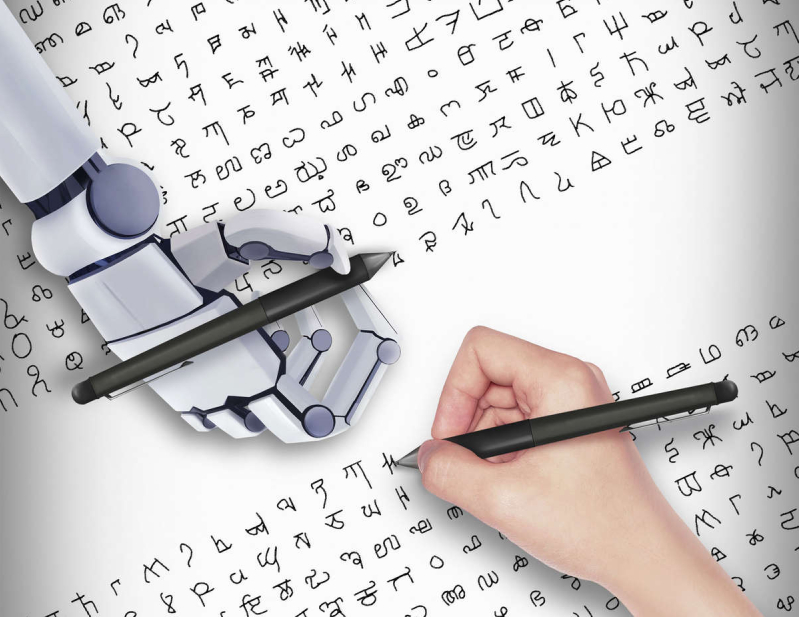
Computer researchers reported artificial intelligence beat humans in a mental challenge. The findings claim that computers have come closer to the human method of learning, The New York Times reported.
Getting machines to learn is very hard because scientists have to make correct algorithms to make intelligent robots.
As an illustration, Popular Science gave some enlightening insight. For example, if a computer sees just one toothbrush and knows its function, it's pretty easy to identify other toothbrushes. Even if a toothbrush is long, thin, has little bristles and a handle, the computer is still sure it's a toothbrush. This marks that a robot can learn the same way humans do.
In a study, published in Science journal, it is now possible. Researchers from Massachusetts Institute of Technology (MIT) claimed that they have invented a robot that has advance learning technology.
In fact, the computer outperformed a group of humans in identifying handwritten characters based on a single example. The machine is capable of quickly learning the characters in a range of different languages and using that knowledge to perform unbelievable tasks.
The new program can learn to recognize handwritten characters after only "observing" few examples of it.
The researchers gave the computer examples of handwritten letters from several ancient alphabets and how they were written. After that, the computer memorized the process and performed writing tasks. The researchers called this as Bayesian Program Learning. By just showing how a character is made, the computer understands the different parts of each letter.
"With all the progress in machine learning, it's amazing what you can do with lots of data and faster computers," said Joshua B. Tenenbaum, co-author of the study and cognitive science professor at MIT.
For its practical use, intelligent computer programs can be involved in car-safety systems, which can detect pedestrians and bicyclists to avoid road accidents. It can also be used in industrial zones and manufacturing plants.
On November, the Toyota Motor Corporation announced a five-year, billion-dollar project to develop smart robots and create artificial intelligence.
Moreover, a robotics academic conference, Neural Information Processing Systems, will be held this week in Montreal. Before it is only an obscure meeting, but now their attendees doubled from the previous year and have attracted a growing list of brand-name corporate sponsors, including Apple for the first time.
With these developments in science, we are wondering where these technologies might go. Can we create a better society by making smarter robots? Let us know in the comments section.







